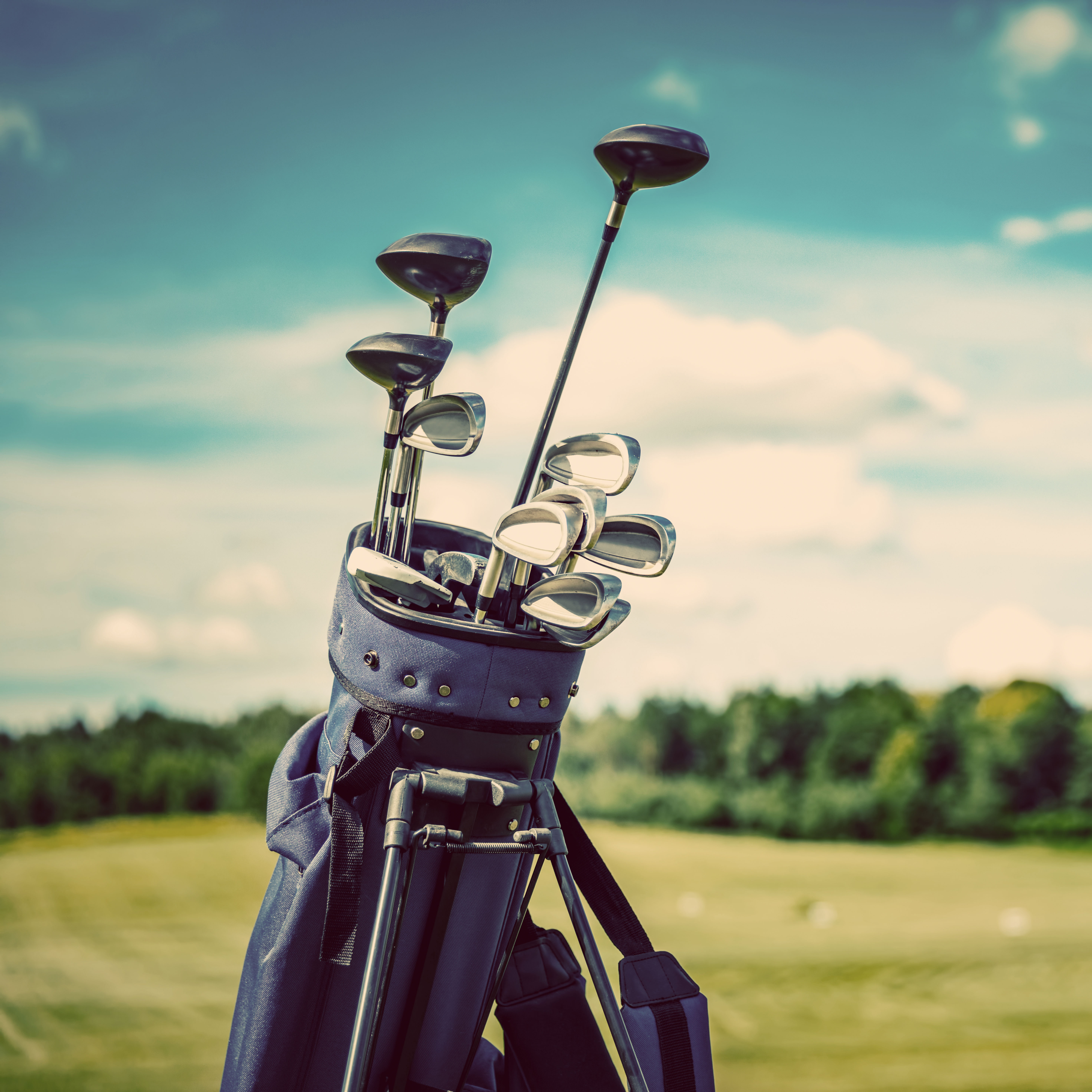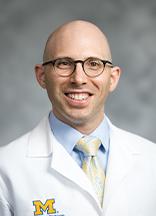Our research has shown that environmental exposures strongly influence the risk of ALS. Before we can reduce the incidence of this fatal disease, it is necessary first to identify the particular exposures that have the greatest effect on ALS risk.

In 2022, we identified specific occupations and occupational exposures associated with an increased ALS risk. Now, a team led by Stephen Goutman, M.D., M.S., Director of the Pranger ALS Clinic, used a cohort study in which participants, both persons living with ALS and healthy controls, self-reported non-work activities to investigate if particular hobbies and exercise affect ALS risk, survival, location of initial ALS symptoms, and onset age.
The results were interesting.
Golfing had the highest risk, increasing the odds of ALS by 3.5 times, then woodworking or participation in hunting and shooting (1.9x). Gardening and yard work carried a 1.7x increased risk of ALS.
None of the activities or hobbies were associated with ALS survival and onset segment. However, those reporting swimming or weightlifting saw an earlier onset of ALS by an average of 3.83 years.

What does this all mean?
“These data continue to point to associations, but do not definitively prove that a certain activity changes ALS risk. Further, we may just be detecting a surrogate risk factor. Thus,we are not at a stage where we can recommend behavioral modification,” explained Dr. Goutman. “While we can make certain assumptions as to maybe why these risks are increased, we need a prospective cohort to help strengthen our understanding of these possible risks.”
These studies will soon be underway.
Other authors on "Avocational exposure associations with ALS risk, survival, and phenotype: A Michigan-based case-control study" include Jonathan Boss, Ph.D., Caroline Piecuch, Hasan Farid, Madeleine Batra, Bhramar Mukherjee, Ph.D., Eva Feldman, M.D., Ph.D., and Stuart Batterman, Ph.D.
Supported by: National Institutes of Health (K23ES027221; R01ES030049; R01NS127188), National ALS Registry/CDC/ATSDR (R01TS000327, R01TS000344); the ALS Association (20-IIA-532, 20-PP-661), the NeuroNetwork for Emerging Therapies, the Robert and Katherine Jacobs Environmental Health Initiative, the NeuroNetwork Therapeutic Discovery Fund, the Peter R. Clark Fund for ALS Research, the Sinai Medical Staff Foundation, Scott L. Pranger, the University of Michigan; National Center for Advancing Translational Sciences at the National Institutes of Health (UL1TR002240).

